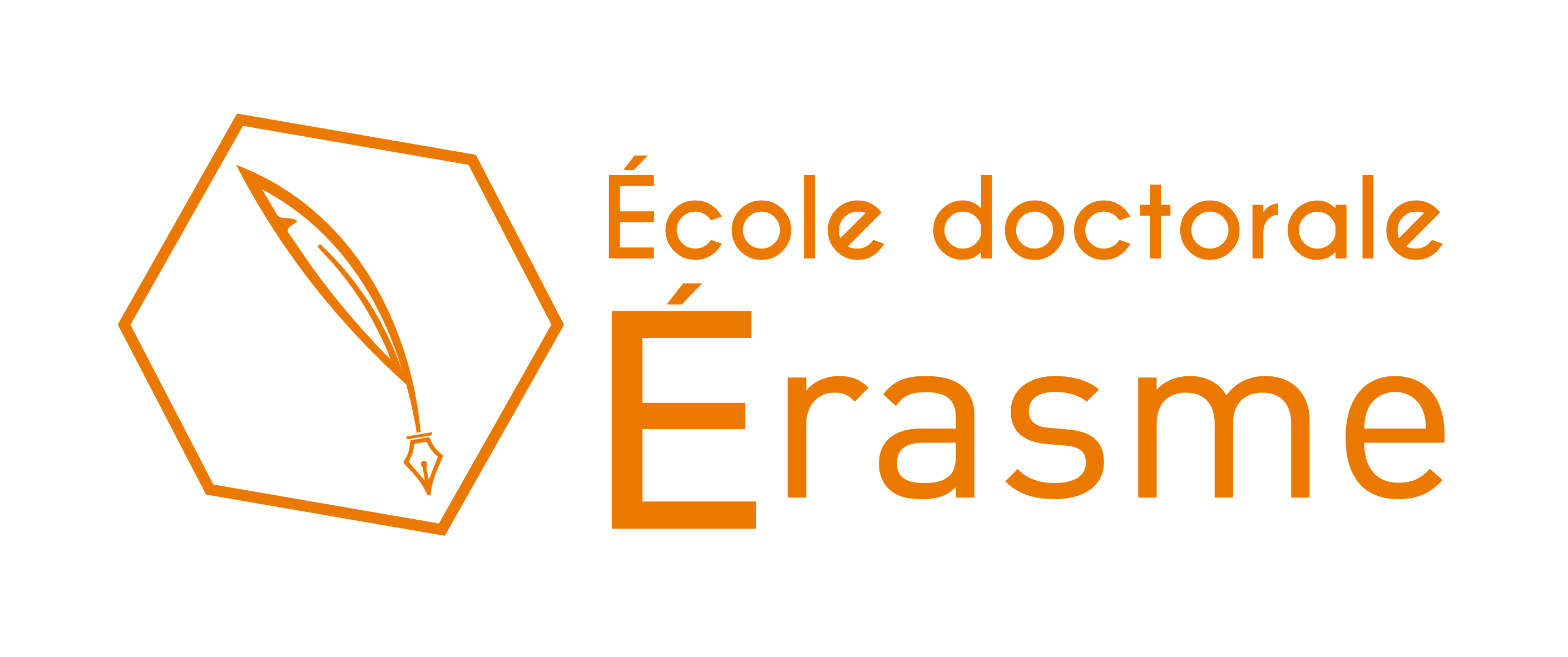
La responsabilité des plateformes numériques.
Le monde dans lequel nous vivons assiste à la multiplication récente du nombre de plateformes numériques et à la diversification exponentielle de celles-ci. Il en existe de toutes sortes. Face à ce phénomène d’une ampleur considérable, il est nécessaire de réagir juridiquement afin d’encadrer et d’accompagner ce mouvement. Les plateformes numériques deviennent le théâtre de toutes sortes d’infractions auxquelles il faut réagir. On y trouve du piratage, de la vente de contrefaçon, des commentaires haineux, des fake news, des incitations au terrorisme etc… Sans compter que les internautes, souvent simples consommateurs, doivent être protégés au regard des biens et services proposés par ces plateformes souvent non françaises et accessibles en un clic. Les normes juridiques encadrant les plateformes, souvent sectorielles, sont devenues trop nombreuses, au point que leur articulation est devenue obscure. Il est également aisé de constater que chaque fois, la pratique illégale précède l’adoption de la norme visant cette pratique, ce qui traduit un défaut d’anticipation. Pour l’heure, les textes retiennent des définitions variables, créant ainsi des difficultés de qualification. Il faudrait, pour démêler tout ceci, commencer par une définition unique et claire de la plateforme numérique, définition qui engloberait tous les types de plateformes puis poursuivre par l’articulation de ces normes.
The liability of digital platforms.
The world we live in is witnessing a recent multiplication in the number of digital platforms and their exponential diversification. There are all kinds of platforms. Faced with this far-reaching phenomenon, we need to take legal action to regulate and support this movement. Digital platforms are becoming the scene of all kinds of offences that need to be dealt with. These include piracy, the sale of counterfeit goods, hateful comments, fake news, incitement to terrorism, etc. Not to mention the fact that Internet users, who are often simply consumers, need to be protected with regard to the goods and services offered by these platforms, which are often non-French and accessible at the click of a button. The legal standards governing platforms, which are often sector-specific, have become too numerous, to the point where their interconnection has become obscure. It is also easy to see that in each case the illegal practice precedes the adoption of the standard covering that practice, which shows a lack of foresight. For the time being, the texts use varying definitions, thus creating qualification difficulties. To untangle all this, we need to start with a single, clear definition of a digital platform, which would encompass all types of platforms, and then go on to define the relationship between these standards.


